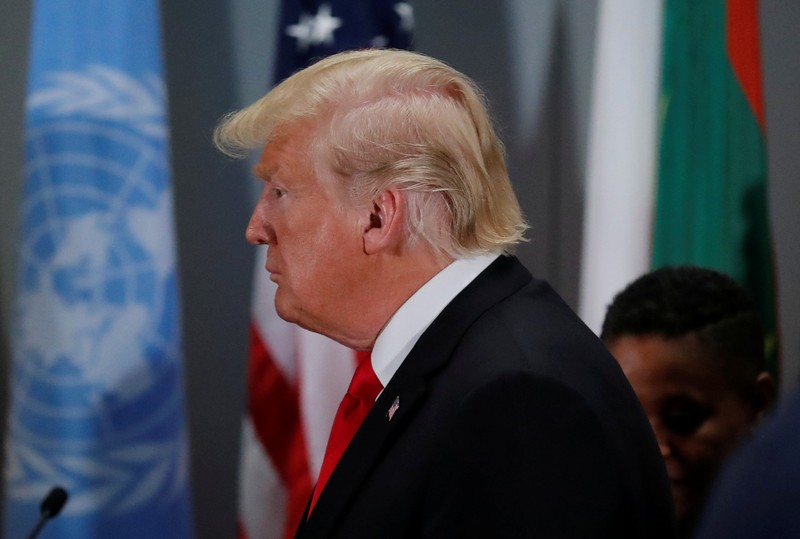Roadside barber Ranjit (R) shaves a customer’s beard under the flyover in Amritsar on September 22, 2019.
Narinder Nanu | AFP | Getty Images
India’s unexpected tax cut raises questions about how the government will make up for the lost revenue, one economist told CNBC on Monday.
Indian Finance Minister Nirmala Sitharaman said Friday that corporations in India will be taxed at an effective rate of 25.75%, down from 30%. The Indian government has estimated that the estimated lost tax revenue would be 1.45 trillion Indian rupees (about $20.45 billion) — about 0.7% of India’s GDP — according to economists.
The figures released by the Indian finance ministry are “very fair” in “conceding” that a gap exists, Vishnu Varathan, head of economics and strategy at Mizuho Bank, told CNBC on Monday.
Varathan said, however, that the “elephant in the room” was the question surrounding where the ongoing offset for this loss in tax revenue will come from.
“That’s the question left unanswered in the entire announcement about tax cuts,” he said.
Economic impact of tax cuts
The tax cut announcement came as Indian Prime Minister Narendra Modi’s government attempts to spur the country’s slowing economy. As of the end of June, India has seen its GDP growth rate fall for six straight quarters.

“We do not expect the corporate tax rate cut to revive growth such that stronger tax buoyancy compensates for the loss in revenue,” analysts at Moody’s Investors Service wrote in a note Friday.
“While the reduction brings India’s corporate tax rate closer to peers throughout Asia and will support the business environment and competitiveness, a host of cyclical factors, including rural financial stress, weak corporate sentiment, and a slow flow of credit in the financial sector, remain headwinds to near-term growth,” the analysts said.
That was contrasted against the view of David Mann of Standard Chartered, who said the moves by the Indian government “could work.”
“If they get growth stronger, then in theory they can say ‘well, therefore tax receipts should do better’ and if they can broaden the tax base and actually improve the amount of the economy that they actually do receive tax from, this could be a positive thing,” Mann, global chief economist at Standard Chartered Bank, told CNBC’s “Squawk Box” on Monday.
Still, he said, India’s fiscal position is one that’s “already relatively stretched” and its economy has gone through “many reforms.”
“That willingness to take short-term pain for the long-term gain has been hurting,” Mann said. “To do something to counter it, something aggressive that … the government can control, is something that actually is quite needed.”
— CNBC’s Fred Imbert contributed to this report.

